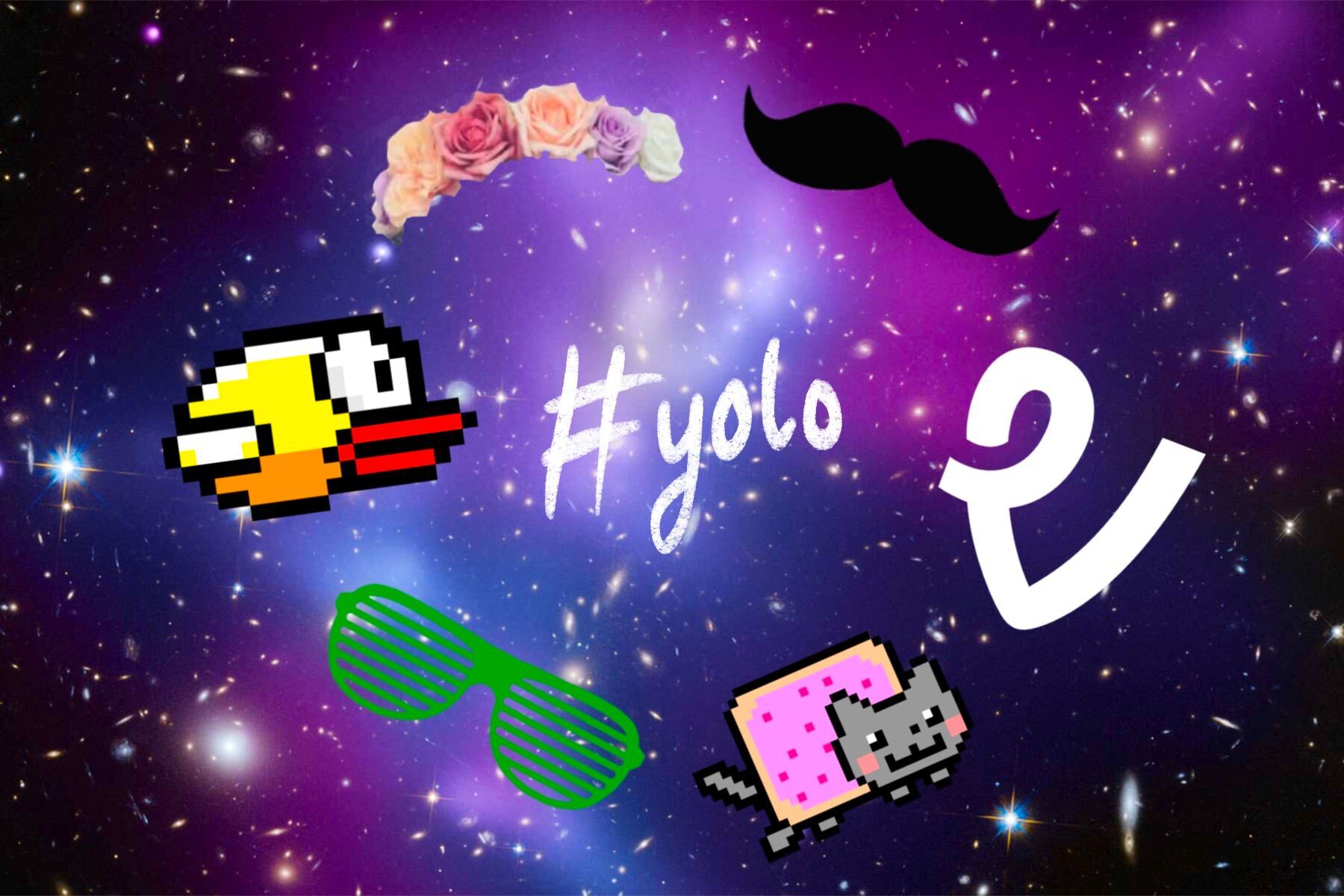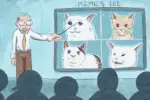In the 1989 film “Back to the Future: Part II,” Marty McFly enters an ’80s-themed restaurant in the year 2015. Not only is this scene striking because it’s one of the few 2010s predictions the film made correctly, but because it demonstrates incredible self-awareness. The screenwriters knew their era would be memorialized before it even happened because they understood decades are frequently idealized after the fact. This then begs the question of what cultural artifacts are worth keeping in mind when looking back on the actual 2010s.
Gen Z has already jump-started the process of figuring this out. After all, if there’s one thing Gen Z loves—and can unequivocally agree with their millennial counterparts on—it’s getting their nostalgia fixes. It’s saying, “TV shows/movies/music were so much better when we were kids,” and following it up with, “Wow, I feel so old,” when their adulthoods have barely just begun. Truly, it’s telling when a generation’s latest nostalgia troves are accessed a bit too early to be genuinely retrospective. Even though the 2010s only ended three years ago, revisiting the recent past has been a trending source of comfort for young people today.
This was inspired, in part, by the intense isolation felt during the lockdown period of 2020. When academic learning and social interactions were upended into inconsistency and isolation, many young people turned to the comforts of their childhood and adolescence to find solace. This behavior didn’t necessarily diminish when the worst of the pandemic had waned, however. In fact, the Internet has exacerbated it to ensure its continuance.
A good example of this would, of course, be TikTok, Gen Z’s number one app. Both the algorithms and users of TikTok have been working hard to dispense young people a steady supply of reminiscent good feelings. There was even briefly a 2020 trend where users deliberately fabricated nostalgia for the 2010s. It seems ironic that the same platform that mobilizes young people into the future is the same one used to deep-dive into the past.
As of March 2023, videos marked #2010s have collectively generated 2.5 billion views. In these videos, Gen Zers connect over old media and trends, such as sharing their favorite Disney Channel sitcoms and recreating Ariana Grande’s cat ear look. Although they have only experienced a small portion of the 2020s—and the definitive identity of a decade typically doesn’t take shape until the middle or later half—their pessimistic attitudes about the future have many of them turning away from the present.
On the surface level, this behavior appears to be a simple reach to what is both familiar and bygone. However, there is an interesting subtext to it. Many Gen Zers yearn for a time when the world felt a little less polarized and their futures a little less uncertain. What’s interesting to note, in particular, is how they choose to comfort themselves with a time when the digital landscape was not as advanced.
Gen Z is all too frequently described as the first generation to never have known a time without the Internet, but this claim is only partially correct. It’s true that young people can barely—or even not at all—recall a time when the Internet didn’t exist, but this doesn’t account for the fact that some do remember a time when it didn’t permeate so much of daily life. Perhaps this is another reason why it appeals to young nostalgia lovers. For at least half of the decade, the 2010s could still retain a certain innocence about them, one unspoiled by current digital anxieties.
Right now, Gen Zers are still too close to the 2010s to clearly gauge what the decade meant to them and what it could later mean. Their efforts to remember this era are primarily digital, packaging the decade into Spotify playlists, “POV” TikTok videos and Pinterest boards. They repurpose the 2010s into micro-exhibits of kitsch and dreaminess through discussions about Tumblr aesthetics, cringing at galaxy prints on everything and raving about Lana Del Rey’s “Born to Die” era, transforming the decade into a more palatable, romanticized version.
However, just like any era, the 2010s should be seen as more than its trends. It was a whole spectrum of strengths and setbacks. It was Silly Bandz. It was an explosive 2016 presidential election. Multiple devastating hurricanes. The collective acceptance of leggings as pants. Fidget spinners. A global pandemic. The genesis of the Black Lives Matter and #MeToo movements. Thoughts and prayers. Occupy Wall Street. Brexit. Arab Spring. A nationwide gain for gay marriage in the United States. Marvel movies. Taylor Swift’s wildly successful business model of releasing an album almost every two years. The surge of populism in politics. Climate change activism. The emergence of the gig economy. The rise of the influencer. The 2010s was a turbulent era, abundant with microtrends, mumble rap and misinformation; more time will present a better picture of the decade in a larger context.
Although this may seem like a non-sequitur, current postures about nostalgia can best—and quite literally—be summed up through the theme of singer Dua Lipa’s sophomore album, “Future Nostalgia.” Both its title and content perfectly exemplify the rehash culture of the 2010s and a nod to attitudes about how people reminisce on the past. First, the album contains many bold doses of pop heavily influenced by 1970s disco, which shows how it indulges in its own nostalgia. Second, the album’s release and its rise in popularity ushered in a new era, given that it was released on March 27, 2020, and performed very well into 2021 as the pandemic experienced serious peaks and valleys. So while “Future Nostalgia” had the entire country dancing to “Levitating” for well over a difficult year, it also served as a reminder that when it comes to nostalgia, we are in a state of flux, perpetually suspended in both the past and future but not so firmly concerned with the present.

















